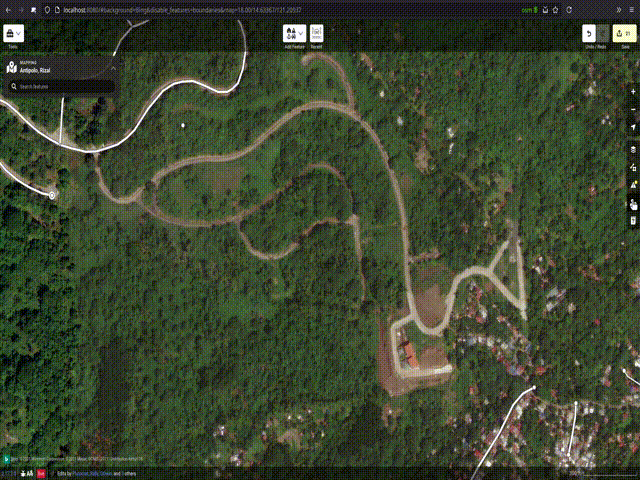The amount of segments used to represent a curved feature is based on assumptions. For example, an editor may interpret a mapper’s input by merging points that are too close together. Many aspects of the editing process depend on the drawing of curves, and many parameters are assumed by an editor.
A drag is a gesture well suited to mapping curves. Instead of lifting from a trackpad - an event which can throw the mapper’s precision off - the mapper drags along the feature’s centerline. Such a mode provides more consistent levels of mapping detail, a speedup in which a mapper can trace features, and a more natural feel to mapping. However, it requires more assumptions by the editor used.
In order to draw a line, one may drag from a way. The same gesture may move the map using merely a capacitive touch. I wonder what the current state of dragging is in all of the editors. Does a feature lack curves because it is closer to an urban grid or because it is tedious and/or arbitrary to map.

讨论
escallic 于 2021年06月28日 01:09 的评论
Here is the gist of it.
philippec 于 2021年07月 1日 07:12 的评论
I miss Bezier.
Lejun 于 2021年07月 2日 08:31 的评论
Ha! iD normie problems. JOSM users already have those kind of mapping tools through add-ons like Spline !
(Joking, no offense here, I applaud how you integrated such essential features to iD)
4004 于 2021年07月 5日 01:46 的评论
Not sure if I misunderstood, but didn’t iD offer similar functionality when holding the Shift key? Granted, it’s another key to press